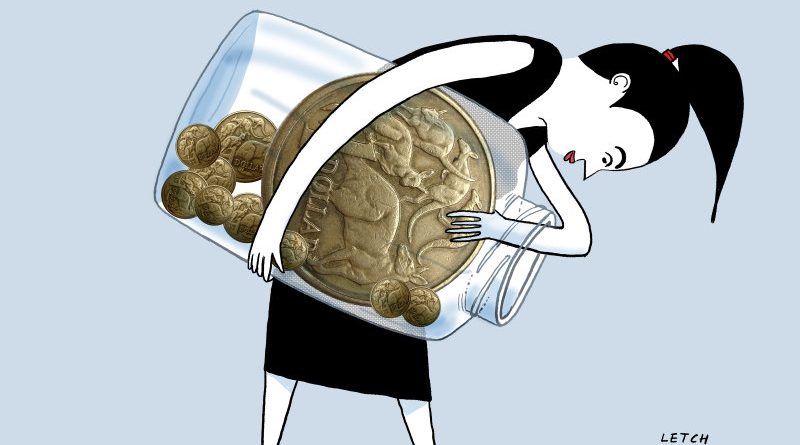How do I leave 1% of my will to charity?
Save articles for later
Add articles to your saved list and come back to them any time.
Several charities that I care about suggest a donation of just 1 per cent of my estate would be of great help to them. How would this work? If l leave them 1 per cent would this mean the house I leave my children would be valued and my children come up with that cash if there is not enough cash in the estate? Would it be better to leave a set amount to a charity? If only the house is left to the children, would they have to sell to pay the amount if there is not enough cash?
Thanks for your question. Incorporating charitable giving in our estate plans is something we all should be considering.
Leaving instructions to donate a small part of your estate to charity can be achieved with some careful planning.Credit: Simon Letch.
The easiest way to achieve your stated goal would be for your home to be sold upon your passing, with the cash then distributed to your children, and the charitable donations incorporated as a part of that distribution.
Other than in circumstances where there is only one child/beneficiary, selling the home to enable distribution of your estate is certainly the norm. Is there any particular reason to think your children would not sell your home?
If it is the case that the home would be retained, nominating a figure like 1 per cent of the estate could cause your children problems if there isn’t the cash available to make this donation. You should speak with an estate planning lawyer on how best to structure your will to reflect your wishes.
Perhaps for instance you could express the gift as a percentage of your liquid assets, excluding your home. You’d need to increase the percentage donated from this smaller asset pool to achieve the same result as 1 per cent of your total estate.
My father (now deceased) created a family trust with his two children as beneficiaries. We now wish to split the trust into two trusts of equal value, simply because our families have different needs and investment plans. The trust’s only assets are a portfolio of shares and a little cash. Is there means by which, say, half of each shareholding could be transferred to the ownership of a new trust, without such transfers being considered as sale transactions for tax purposes?
For this question, I checked in with tax and structures guru Shaun Farrugia of Optimised Accounting. He observed: “what you are asking for is trust cloning. The CGT exemption for this was abolished back in 2008, so unfortunately CGT would likely apply. However, depending on the wording of the deed there may be other ways to achieve the desired result if the two siblings are happy to keep this trust active and continue to work together. This can get complicated, and we recommend seeking professional advice.”
To add my two cents worth, it would be interesting to go through the portfolio and understand how many taxable gains there are, then consider the tax positions of the beneficiaries and whether these gains could be managed, potentially over multiple tax years.
Given the ability to offset gains with losses, including past losses, and approaches like catch-up concessional super contributions, potentially you could achieve your goal of splitting these assets without too severe a cost.
If this were the case, you could perhaps eliminate the trust structure entirely so this problem doesn’t recur for the next generation of your family. Share buybacks would also be worth looking out for, as they typically involve a low capital value and a larger franked dividend.
Paul Benson is a Certified Financial Planner, and host of the Financial Autonomy podcast. Send your questions to: [email protected]
- Advice given in this article is general in nature and is not intended to influence readers’ decisions about investing or financial products. They should always seek their own professional advice that takes into account their own personal circumstances before making any financial decisions.
Expert tips on how to save, invest and make the most of your money delivered to your inbox every Sunday. Sign up for our Real Money newsletter.
Most Viewed in Money
From our partners
Source: Read Full Article




